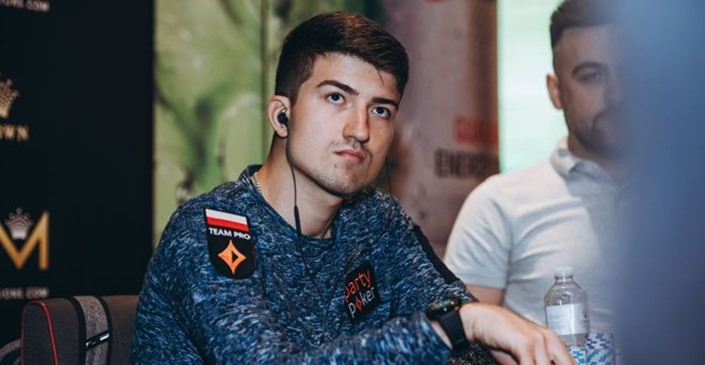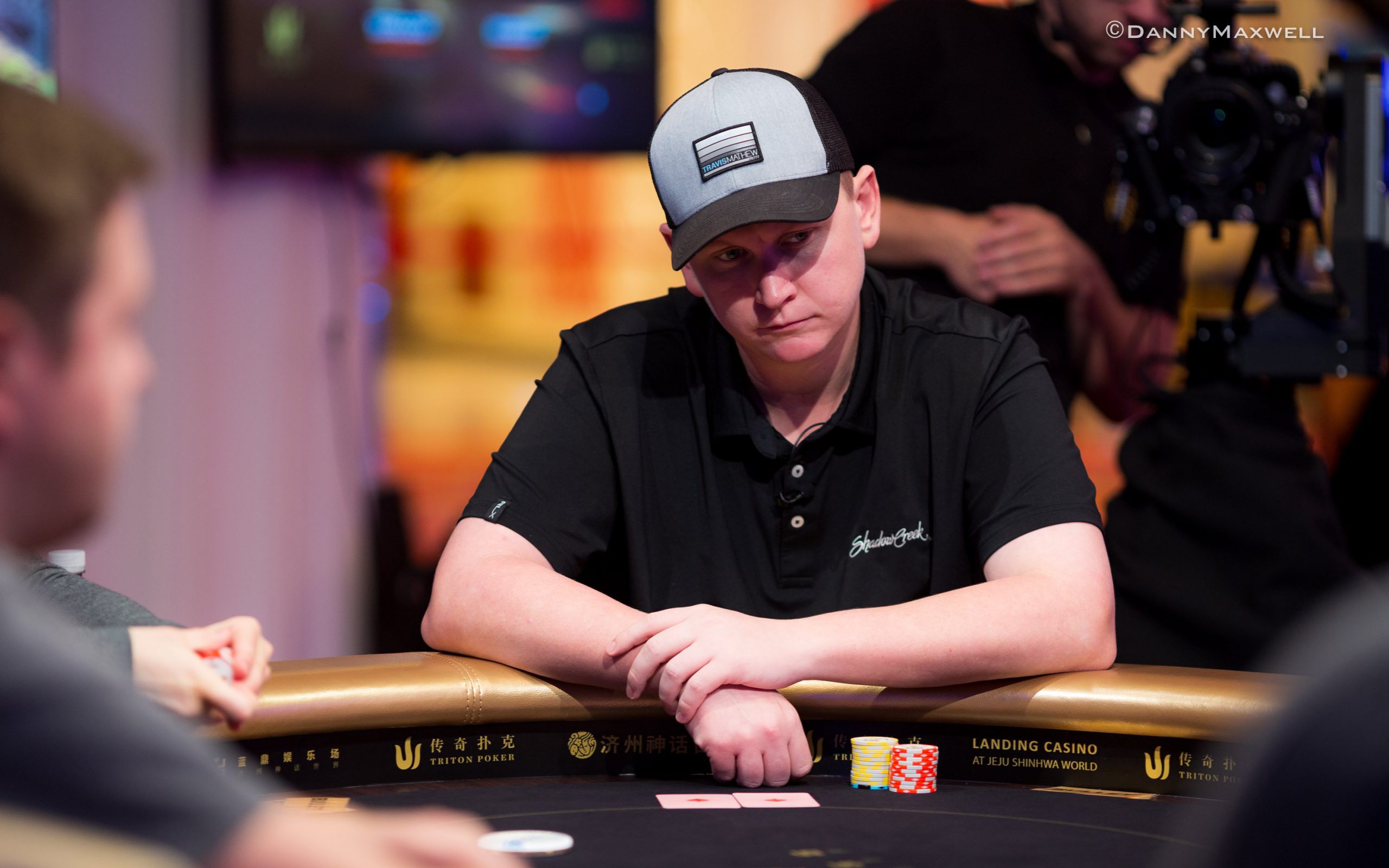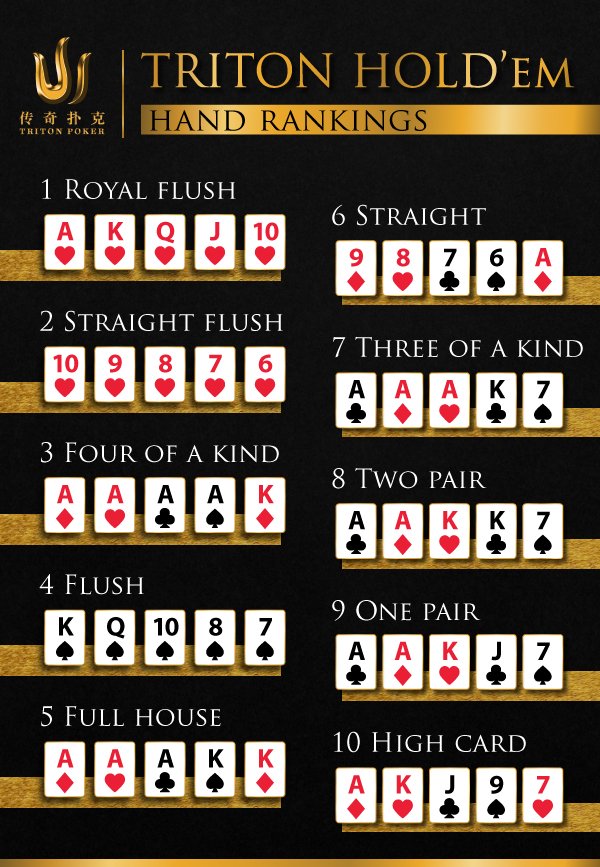I asked 18 high stakes poker players to name their top 3 movies. Some did this; others could only choose one or two. All found it a tough challenge.
(Full List Below)
Of the 36 movies selected, a top ten emerged, and the reasons why these movies still echoed around the hearts and minds of the high stakes players was incredible to hear.
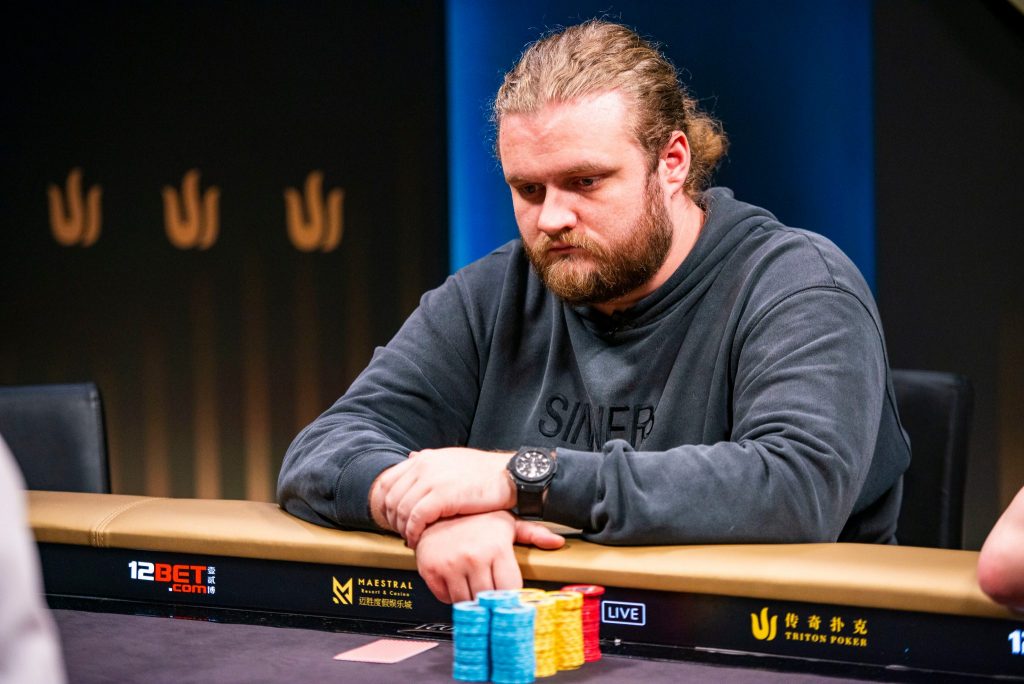
Henrick Hecklen is one of Denmark’s top high stakes exports, and for him, science-fiction held a charm.
Here he is to explain why.
“I’d probably pick Interstellar, Arrival and The Matrix in no particular order,” said Hecklen. “They’re all somewhat different, yet they all make you ponder the great existential questions. “Can we survive as a species?” “Are we alone?” “Is this all a simulation?”
“These questions challenge you to think in ways you don’t think like in everyday life. As a funny side note, in the early days of my poker career, when I was feeling down because of a particularly bad session or a downswing, I’d always watch stuff about how the universe works to remind myself how small and an essentially non-meaningful thing it is to have a bad session of poker when you look at it from a perspective of how vast the cosmos is and what else is out there besides irrelevant monetary losses..”
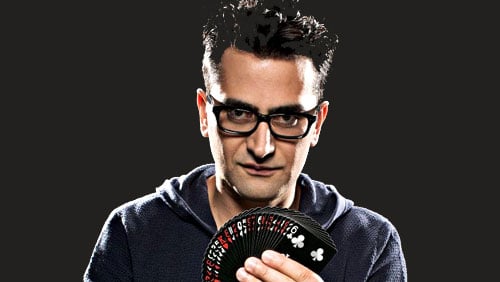
Antonio Esfandiari liked movies that inspired him and singled out Braveheart and Forrest Gump in that regard.
“Braveheart was about sacrificing your life for the bigger cause, and that touched me,” said Esfandiari. “Forrest Gump has every aspect of life in a single story: love, fear, wealth, poverty, hatred – everything you could imagine. It’s a beautifully inspiring well-written story of how amazing and sad life can be.”
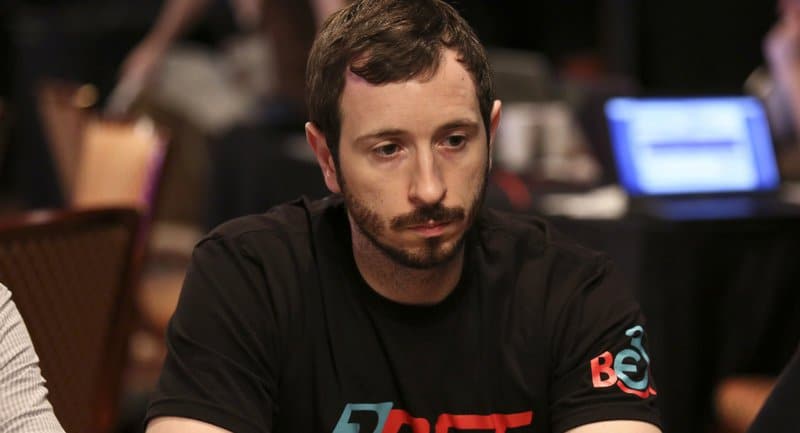
The former Super High Roller Bowl (SHRB) winner, Brian Rast, also picked Forrest Gump as one of his top movies.
“I learned a lot of lessons from it, despite it not being a Top 10 movie,” said Rast, “especially watching him overcome obstacles in life, and how naturally and effortlessly he did so. It’s easy to be cynical and jaded because of the way of the world, but it’s ok to be innocent. As long as you’re sincere and try your best, you can hold your head up high, and succeed.”
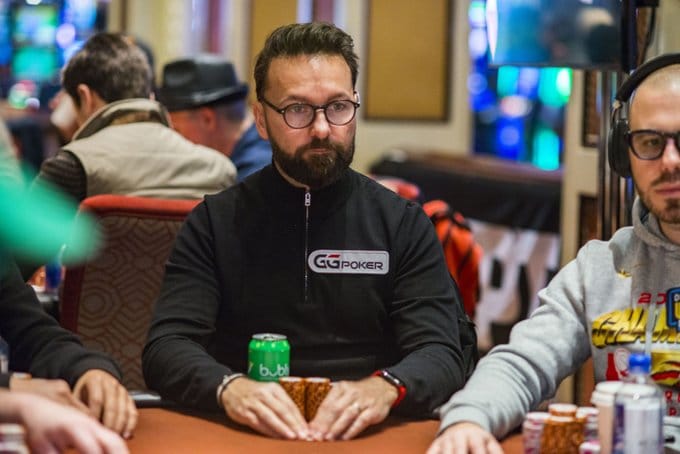
Rast wasn’t the only poker player whose choice of movie fits in with the flow of current political and cultural unrest. Daniel Negreanu chose two films that dealt with issues of racism.
“American History X is a powerful movie that had me in tears on repeated watches,” said Negreanu. “It was a raw look at race and how racism can be indoctrinated from a young age. I also love ‘Remember The Titans’. I love anything with Denzel Washington. Similarly to American History X, the movie dealt with race and proved that much of it comes from ignorance. If you out people together without the noise, they will find a lot more in common with each other than they may have previously thought.”
Negreanu’s third move choice, Good Will Hunting, left a permanent indention in his limbic system, because it reminded him of his childhood, and he wasn’t the only one whose younger life mirrored or was deeply affected by a movie.

Sosia Jiang is a confessed student of life, who plays high stakes poker when she has the time. Jiang chose ‘The Dead Poet’s Society’ as her favourite movie.
“I first saw Dead Poets Society as a young teen struggling to find my own identity,” said Jiang. “The themes of navigating pressures of conformity and parental expectations yet finding your way and “carpe diem” very much resonated with me at the time and I would say helped shape my attitude even in adulthood toward crucial life decisions.”
Sam Trickett selected ‘Gladiator’ as his classic underdog story, and ‘Rocketman’ as it drew similarities to his out of control hedonistic lifestyle at the peak of his poker powers. Still, it was another movie, seen in his youth, that would guide Trickett later in life.
“I’ve watched Robin Hood: Prince of Thieves, more than any other film in my life,” said Trickett. “I had it on videotape and loved the idea of helping people without money. It inspired me as a young boy. I grew up 10-minutes from Sherwood Forest too. so I was always pretending to be Robin Hood in my childhood.”
Throw that man a pair of green tights.
Before I give you the rankings, here are some interesting insights.
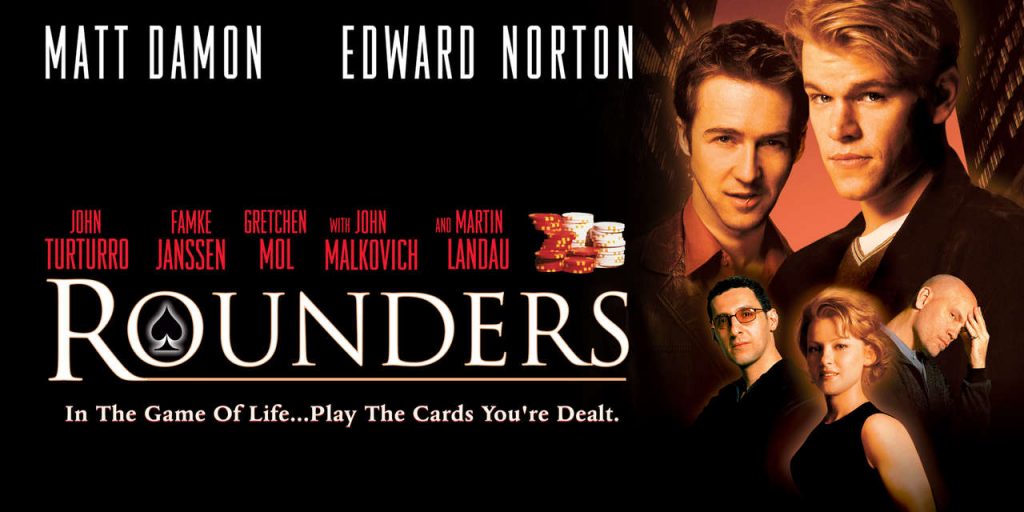
Only one of the 18 players chose a poker movie as a favourite with ‘Rounders’ taking the honours. Still, a gambling movie did make the Top 10 with the Blackjack inspired’ 21′ surviving the bubble.
Of the four favourite protagonists that emerged from the data, three of them play poker (Edward Norton, Matt Damon and Leonardo Di Caprio), and two of them starred in Rounders.
While there was a lot of love for an epic motion picture, it seems our high stakes poker players are not fans of hobbits, dragons or superheroes.
Finally, only one poker player was that good; he could choose a movie named after him – Wiktor ‘limitless’ Malinowski selected ‘Limitless’ as his top pick.
The Top Ten Movies
1. The Matrix
2. Gladiator
3. The Godfather Part I
4. The Godfather Part II
5. Good Will Hunting
6. Shawshank Redemption
7. Braveheart
8. The Arrival
9. Forrest Gump
10. 21
The Top Protagonists
1. Edward Norton
2. Leonardo Di Caprio
3. Matt Damon
4. Russell Crowe
The Top Directors
1. Christopher Nolan
2. Francis Ford Coppola
3. Martin Scorcese
4. The Coen Brothers
Genre
1. Drama
2. Thriller/Action
3. Sci-Fi
4. Epic
The Full List of Movies
1. The Matrix
2. Gladiator
3. The Godfather Part I
4. The Godfather Part II
5. Good Will Hunting
6. Shawshank Redemption
7. Braveheart
8. The Arrival
9. Forrest Gump
10. 21
11. Fight Club
12. Armageddon
13. Inglorious Basterds
14. Rocketman
15. Interstate 60
16. Almost Famous
17. Goodfellas
18. Fargo
19. Remember the Titans
20. The Prophet
21. Rocky
22. There Will be Blood
23. Dead Poet’s Society
24. A Beautiful Mind
25. 12 Angry Men
26. Robin Hood: Prince of Thieves
27. The 300
28. Inception
29. Interstellar
30. The Empire Strikes Back
31. Rio 2096
32. Rounders
33. The Departed
34. Limitless
35. No Country For Old Men
36. American History X









